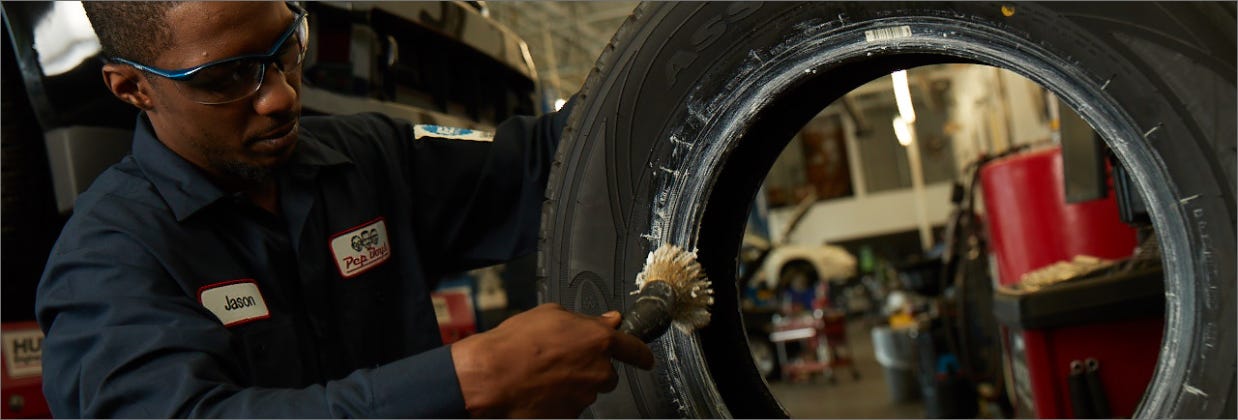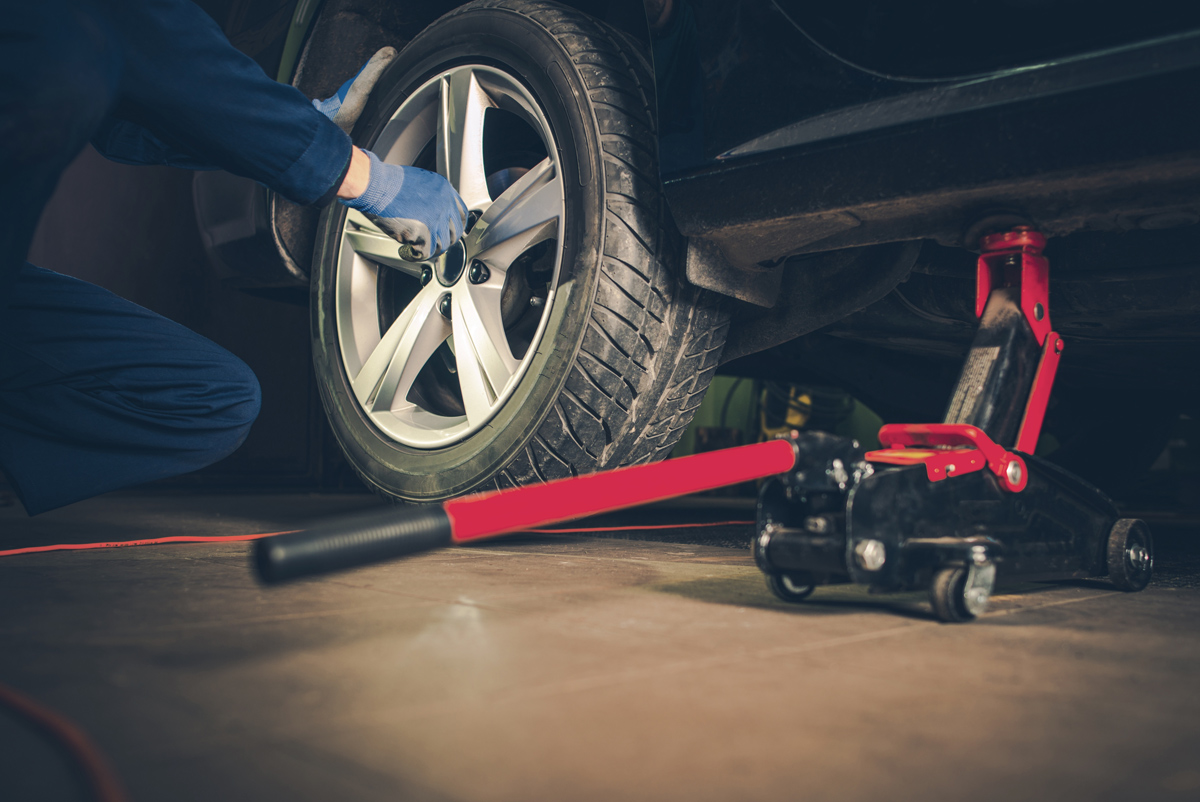The Link Between Tire Service and Gas Efficiency
Efficiency in gas intake is an extremely important issue for car owners looking for to optimize their driving experience. Amongst the numerous variables that affect fuel effectiveness, tire solution stands out as a critical element that often goes forgotten. The complex partnership in between tire maintenance and fuel economic climate is a testimony to the complex operations of a car. By recognizing exactly how tire treatment directly influences the effectiveness of your automobile, you can open a realm of possibilities that not only enhance performance but likewise contribute to cost savings over time.
Significance of Proper Tire Inflation
Correct tire rising cost of living is a vital consider optimizing fuel effectiveness and making sure optimal lorry performance. When tires are underinflated, it produces extra rolling resistance, triggering the engine to work more challenging and shed even more fuel to preserve the very same speed. On the other hand, overinflated tires can lead to a harsher adventure, unequal tire wear, and lowered traction. To discover the suggested tire pressure for your lorry, describe the proprietor's guidebook or the sticker label located on the driver's side door jamb.
Preserving the correct tire pressure not only boosts fuel performance but likewise boosts driving safety. Effectively inflated tires offer much better handling, stopping, and total efficiency when driving. In addition, they add to prolonging the lifespan of the tires, saving you cash in the long run by lowering the regularity of substitutes. Routinely checking and changing tire stress, particularly previously long journeys, is a basic yet efficient way to maximize your car's gas economic climate and guarantee a smooth driving experience.
Effect of Tire Tread Deepness
Preserving the recommended tire pressure is essential for optimal vehicle performance and fuel effectiveness; in a similar way, the tread deepness of your tires plays an important duty in making certain safety and security and grip on the roadway. Tire tread depth directly impacts the ability of your tires to grip the roadway surface, specifically in damp or unsafe conditions. As tires put on down, their step depth declines, influencing their ability to channel water away and maintain correct contact with the road. The recommended minimum tread deepness is normally 2/32 of an inch, yet for boosted safety and security and efficiency, numerous specialists recommend changing tires before they reach this factor. Correct tread depth not only makes sure much better handling and braking however likewise adds to fuel effectiveness by reducing rolling resistance. Regularly checking your tire walk deepness and changing tires when essential is a basic yet effective way to advertise both safety and security and fuel efficiency when driving.
Function of Wheel Alignment in Performance
Guaranteeing precise wheel positioning is important for maximizing automobile efficiency and making the most of fuel economy. Correct wheel positioning involves adjusting the angles of the wheels to manufacturer specs, making sure that they are identical to each other and vertical to the ground. When wheels are misaligned, it can result in irregular tire wear, enhanced rolling resistance, and reduced fuel performance.

Furthermore, accurate wheel placement can also enhance dealing with and security, reducing the amount of power needed to steer the car (morris tire). By reducing unnecessary friction and drag, correct wheel positioning plays a crucial duty in enhancing total vehicle performance and gas economy. Normal wheel alignment checks and adjustments are important for preserving optimum efficiency and optimizing gas financial savings
Link In Between Tire Maintenance and MPG
A crucial aspect of maximizing gas effectiveness in cars is the maintenance of tires and their direct impact on miles per gallon my site (MPG) Proper tire maintenance plays an essential duty in optimizing gas economic climate. On the other hand, overinflated tires reduce the contact spot with the road, leading to unequal wear and decreased gas performance.
Furthermore, tire step deepness additionally influences fuel efficiency. By making sure tires have appropriate tread deepness, drivers can enhance both safety and fuel economy.
Basically, proper tire maintenance, consisting of surveillance tire pressure and step depth, is straight linked to achieving optimal MPG. By including regular tire examinations and maintenance right like this into a lorry care regimen, motorists can not only prolong tire life yet additionally boost gas efficiency, inevitably saving cash and reducing ecological impact.

Tips for Fuel-Efficient Tire Care
Given the crucial relationship in between tire upkeep and gas efficiency, carrying out effective techniques for enhancing tire treatment is key to boosting total vehicle efficiency. To make sure fuel-efficient tire care, regular tire stress checks are crucial. Effectively inflated tires decrease rolling resistance, enhancing gas performance and extending tire life expectancy. Additionally, preserving appropriate wheel positioning and harmonizing aids disperse weight equally, preventing uneven tire wear and optimizing gas usage. Turning tires at suggested intervals promotes also tread wear, improving gas effectiveness by making certain all tires contribute equally to automobile performance. It is likewise vital to check tires for indicators of damages, such as cuts, punctures, or bulges, as these problems can impact gas efficiency and total safety and security. Lastly, choosing tires with low moving resistance can considerably boost gas economic climate. By including these fuel-efficient tire care tips into a routine maintenance timetable, drivers can make the most of fuel effectiveness, reduce operating expenses, and lengthen the life of their tires.
Final Thought
By frequently keeping tires and adhering to fuel-efficient see this page tire care tips, drivers can optimize their automobile's performance and decrease fuel usage. It is vital to prioritize tire upkeep to not only save cash on gas prices but additionally to promote general automobile efficiency.
 Rick Moranis Then & Now!
Rick Moranis Then & Now! Angus T. Jones Then & Now!
Angus T. Jones Then & Now! Robert Downey Jr. Then & Now!
Robert Downey Jr. Then & Now! Andrew Keegan Then & Now!
Andrew Keegan Then & Now! McKayla Maroney Then & Now!
McKayla Maroney Then & Now!